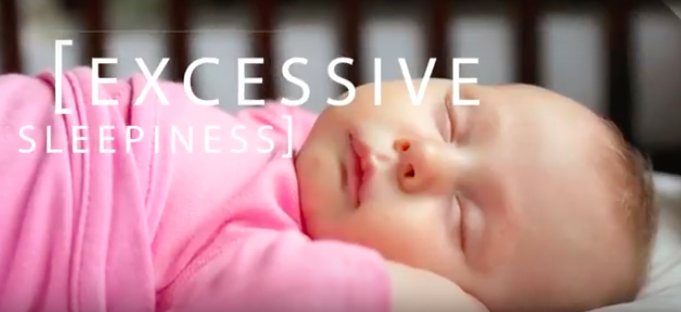|
A young mother recently told me how her infant son slept through the night following his vaccines, not even waking up for his feeding. Her pediatrician assured her the next morning that it was "normal." As you will learn in the video below, "excessive sleepiness" is a vaccine reaction to watch for. Knowing how to recognize a vaccine reaction, and asking yourself these 8 questions before you vaccinate, could save your child from long-term vaccine injury and even death. Please share this important information with those who choose to vaccinate. by Barbara Loe Fisher, Co-Founder & President, National Vaccine Information Center Originally posted August 27, 2018 on the NVIC website. Do you know how to recognize a vaccine reaction? Like with prescription drugs and other pharmaceutical products, reactions to vaccines can be mild or severe. There can be complete recovery or long lasting health problems after vaccine reactions. Rarely, vaccine reactions can be fatal. 1 2 If you are making a decision about vaccination for yourself or your child, it is important to first become fully informed about each vaccine’s reported side effects, precautions and contraindications, which means reasons for why a person may be at risk for having a serious reaction. 3 4 It is especially important for parents to become informed about vaccine complications and how to recognize the symptoms of a vaccine reaction. 5 When a person collapses within seconds, minutes or hours of vaccination, it may be anaphylactic shock – a life threatening allergic reaction like can happen after bee stings, or exposure to certain drugs, chemicals or foods like peanuts. 6 7 Signs of anaphylaxis include problems with breathing and swallowing, wheezing, chest or abdominal pain, vomiting, diarrhea, hives and rashes, swelling, weakness, mental confusion and loss of consciousness. Depending upon the vaccine, most vaccine reactions take longer than a few minutes to develop. For example, brain inflammation reactions to pertussis (whooping cough) vaccine in the DPT or DTaP shots usually occur within 72 hours or a week of vaccination, 8 while it may take between one and two weeks for signs of brain inflammation to develop after getting live virus measles, mumps and rubella vaccine. 9 There should be careful monitoring of signs and symptoms of vaccine reactions for at least a week or two after vaccination. Look for symptoms like:
If there is a question about whether or not brain inflammation or another type of serious reaction is occurring after vaccination, contact the person who administered the vaccine(s) and go to a hospital emergency room immediately. The details of the health problems experienced after vaccination should be entered into the permanent medical record and reported to the federal Vaccine Adverse Event Reporting System. 35 If a doctor or medical worker will not make a vaccine reaction report to the government, you can make a report yourself. 36 At NVIC.org, learn more about vaccines, diseases and the human right to informed consent to medical risk taking. Empower yourself today with well-referenced information that can help you make educated decisions about vaccination. It’s your health. Your family. Your choice. Visit NVIC Video Briefs and the NVIC Newsletter webpage for more comprehensive video commentaries on vaccines and vaccine policy.
0 Comments
Your comment will be posted after it is approved.
Leave a Reply. |
Author"Why I started researching vaccines." Archives
July 2024
Categories
All
|


 RSS Feed
RSS Feed